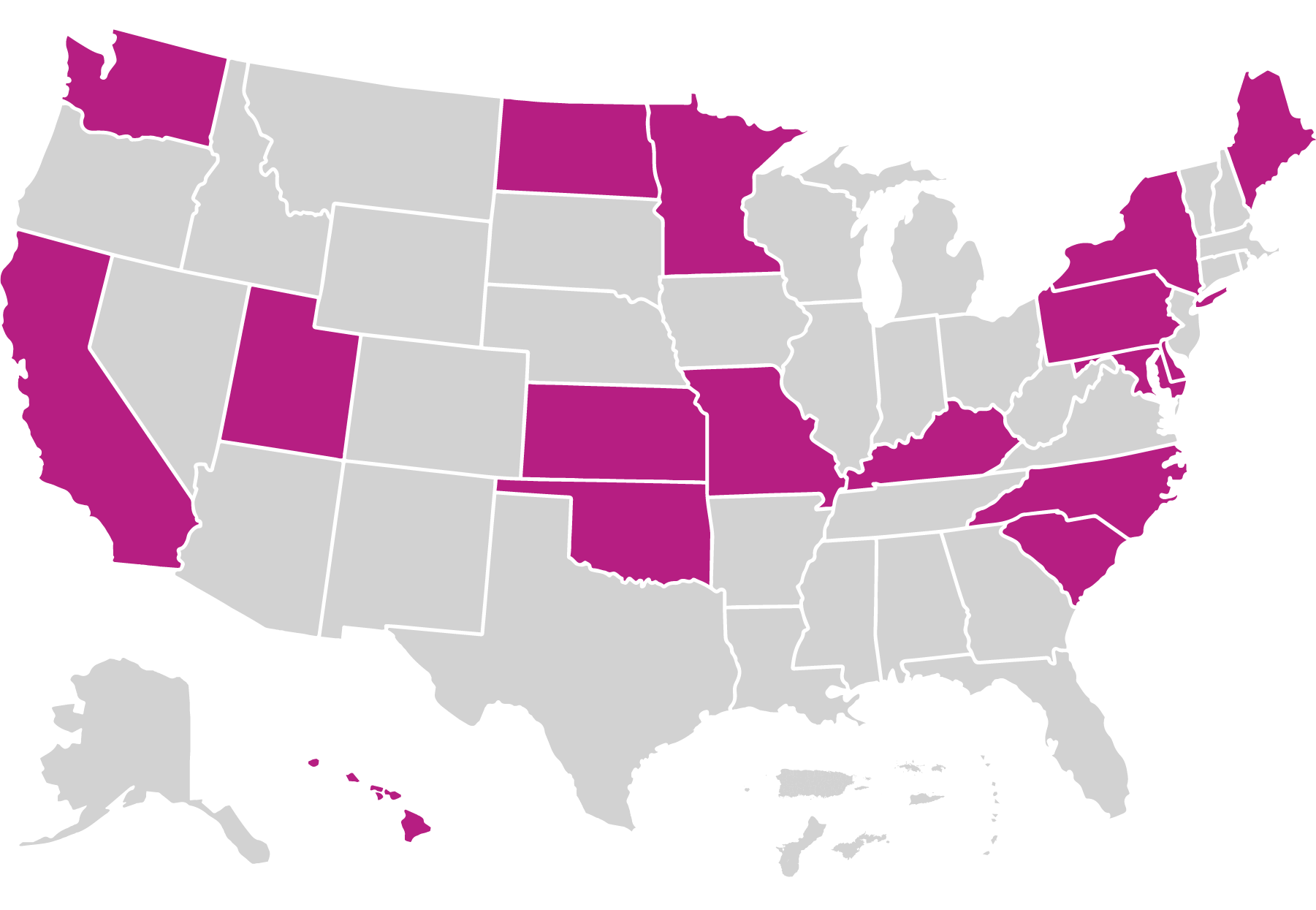Attachment and Biobehavioral Catch-Up
Attachment and Biobehavioral Catch-Up (ABC) helps caregivers provide nurturing care and engage in positive parent-child interaction. ABC supports caregivers in reading children’s cues in order to provide a responsive, predictable environment to enhance children’s behavioral and regulatory capabilities. ABC offers three programs: Newborn, Infant, and Early Childhood.
What is the model’s approach to providing home visiting services?
Home visits take place weekly. Services are provided for 10-12 sessions. For the Newborn program, ABC requires families to enroll when the child is younger than 6 months. For the Infant program, ABC requires families to enroll when the child is between 6 and 24 months old. For the Early Childhood program, ABC requires families to enroll when the child is between 24 and 48 months old.
ABC’s service population includes the following:
- Families with low incomes
- Families with a history of child abuse or neglect/involvement with child welfare system
- Families who consider their child to be growing up in a challenging environment
- Children experiencing a caregiving transition (e.g., foster care placement, adoption)
Who is implementing the model?
Home Visitors
ABC was implemented by 150 home visitors in 2023. Home visitor education recommendations and requirements are determined by local agencies. There are no requirements for home visitor caseload limits.
Supervisors
ABC was implemented by 77 supervisors in 2023. Supervisor education recommendations and requirements are determined by local agencies.
Where is the model implemented?
ABC operated in 48 local agencies across 17 states and the District of Columbia in 2023. ABC also operated outside the United States and its territories in Australia, South Korea, Sweden, and the United Kingdom in 2023.

Families Served Through Evidence-Based Home Visiting in 2023
Primary language
81% English
19% Spanish
